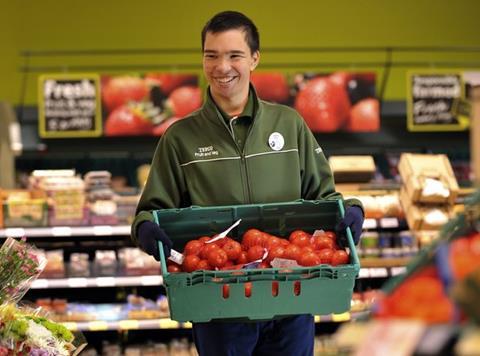
Retail pay dropped sharply in 2016, according to a new report.The biggest annual drop in advertised salaries in the UK was in the retail sector last tear, where the average fell by 17.4% to £21,769. Job search engine Adzuna said the sharp fall was partly down to a rise in the number of more low-paid temporary jobs. (The Guardian)
Shopper numbers plunged dramatically at the weekend in a sign that experts said augured badly for the new year. Visits to shopping centres were down by a half on New Year’s Day compared with the same day in 2016, according to Springboard retail intelligence. The high streets were also less busy, with shopper numbers down 12.7% year on year. The 24% overall decline was not entirely explained by New Year’s Day falling on a Sunday. (The Times £)
Shops in Britain face a perfect storm of rising costs and falling consumer spending in 2017, one of the world’s leading commercial property agents has warned, raising the possibility of more closures after the demise of BHS last year, according to property agent JLL. (The Guardian)
The Telegraph’s Ben Marlow looks ahead to the year for business in 2017, concluding that: “On the high street, a perfect storm of rising business rates, the living wage, the apprenticeship levy and the weak pound threatens to create the toughest trading conditions for a generation.” (The Telegraph)
Hedge funds are holding significant short positions across the retail sector as they look to profit from a slowdown in trading this year, despite early signs of a surprisingly resilient Christmas on the high street. Investors have increased bets against leading chains including Morrisons, Debenhams and Halfords, amid expectations that a weakening pound will trigger higher inflation and a potential squeeze on consumer spending power. (The Times £)
The Guardian issues its own share tips for 2017, tipping Tesco, Diageo, Associated British Foods and Dairy Crest. On Tesco it writes: “Tesco is in recovery mode. Dave Lewis has improved sales and customer service, and boosted shelf availability. The grocer appears to have what all businesses seek: forward momentum.” (The Guardian)
Major supermarkets edged up in trading before New Year as analysts predict that meaty Christmas trading will help them win back market share. City traders are expecting Tesco, Morrisons, Sainsbury’s and Asda to fight back against the discounters when they report in the New Year. (The Daily Mail)
Tesco has reduced the price of women’s standard razors to match that of men’s in the latest victory in the battle to eliminate gender discrimination in high street products (The Guardian). The move is a victory for campaigners who demanded an end to what they saw as sexist pricing on the high street (The BBC).
Co-op will create 1,500 jobs in 100 new food stores in 2017. Focus will initially be on London and the South East, with five new Co-op sites in the capital by March. New stores will also appear in Swansea, Kings Bromley in Staffordshire, Beverley in East Yorkshire, Northfields in East Lothian and Sheffield. The £70m growth project follows a similar pattern to that seen in 2016 by the company. (Sky News)
WH Smith CEO Steve Clarke has given what The Telegraph claims is his first ever media interview, talking about the retailer’s 225-year anniversary as well as his personal life. “Food has been one of the growth engines for our business. If we stuck to just selling reading materials we wouldn’t have so many travel shops, we wouldn’t have so many employees, we wouldn’t have as many shops overseas,” he says. (The Telegraph)
The millionaire former boss of accountancy giant PwC has been given a knighthood – despite his firm facing heavy criticism after its role in the Tesco accounting scandal. Ian Powell, who was chairman and senior partner of the company’s UK arm, has been rewarded for his work in the professional services industry. (The Daily Mail)
Wine producers have told the government they expect to increase exports tenfold by 2020, to 2.5m bottles. The UK exported 250,000 bottles of wine last year, a fraction of the 150m of French champagne exports alone. Just under 70% of British wine is produced as sparkling and another 24% is white wine. (The Financial Times £)
More than a third of shoppers are buying more sustainable and environmentally friendly products instead of just talking about doing so, according to Unilever. The Anglo-Dutch consumer giant said that a study of 20,000 consumers from five countries showed that 33 per cent would “actively choose” to buy brands they believed were doing social or environmental good. (The Times £)
The liquidators of BHS are conducting a detailed investigation into property transactions that took place during the regimes of Sir Philip Green and Dominic Chappell, including whether the directors of the retailer breached their duties. (The Guardian)
Chinese premium alcohol brand Kweichow Moutai has cemented its position as the world’s second-most valuable liquor company, thanks to a recovery in sales of high-end drinks after a slump due to a government crackdown on corruption. Shanghai-listed Moutai’s market capitalisation of Rmb420bn ($60.5bn) is not far off the £53bn ($65bn) of UK drinks group Diageo. (The Financial Times £)







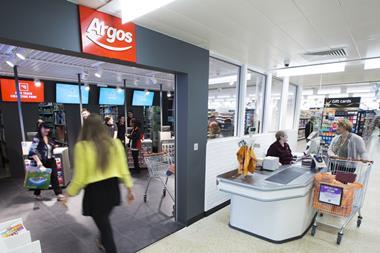
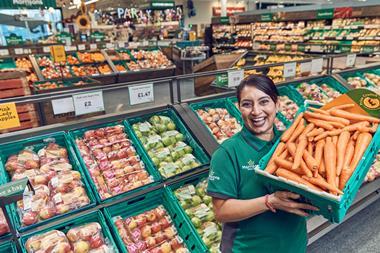
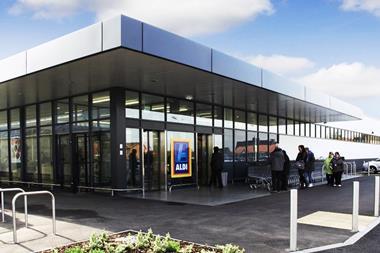
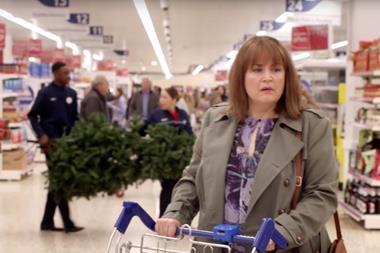

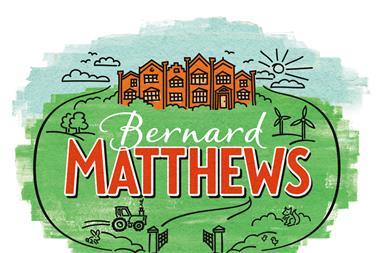






No comments yet